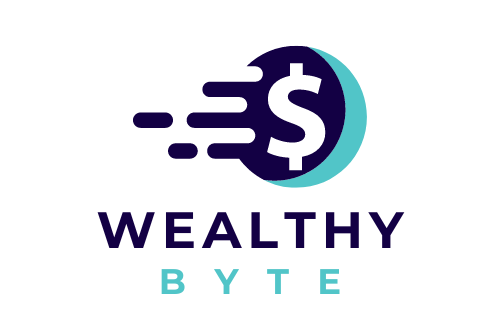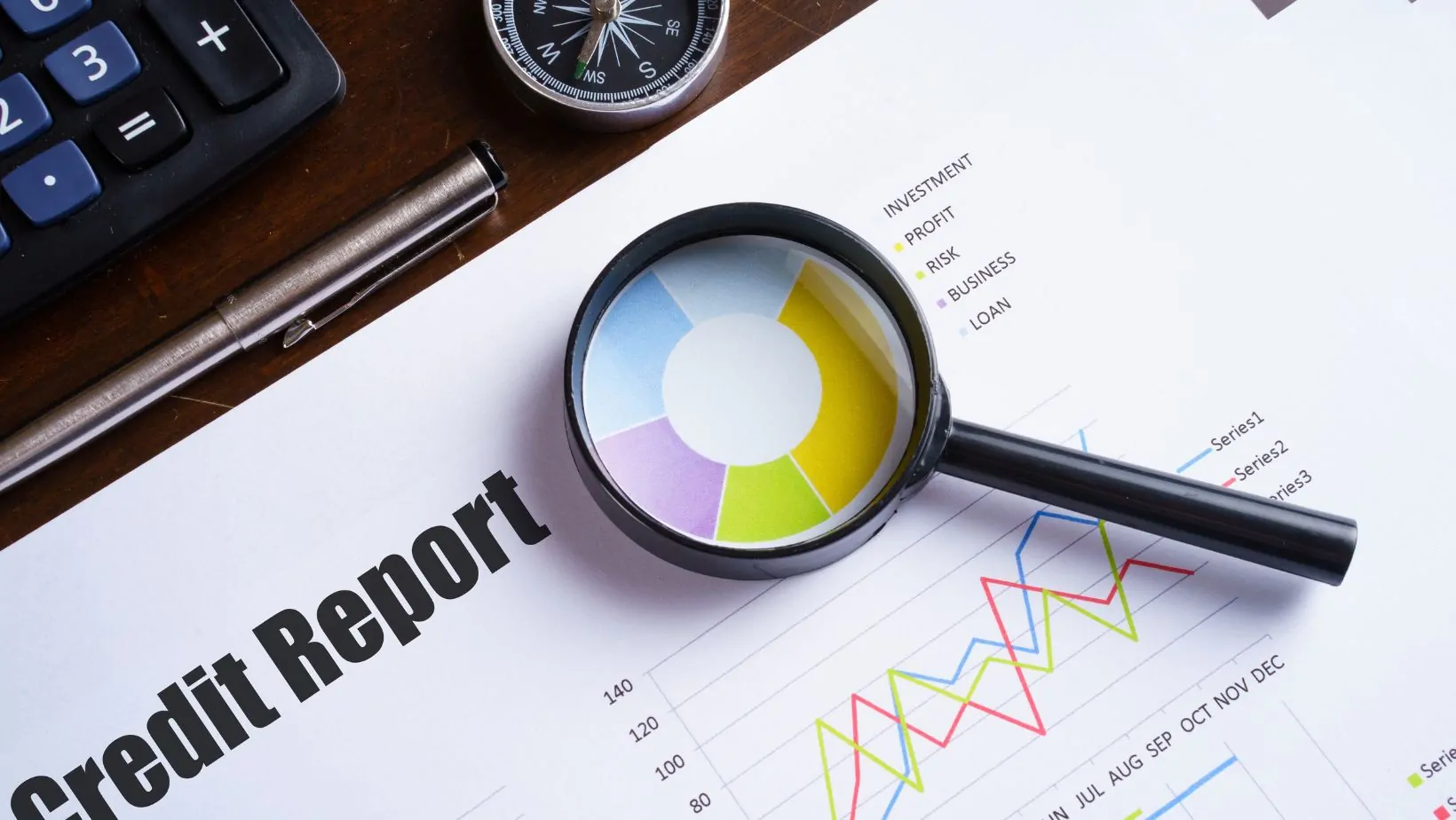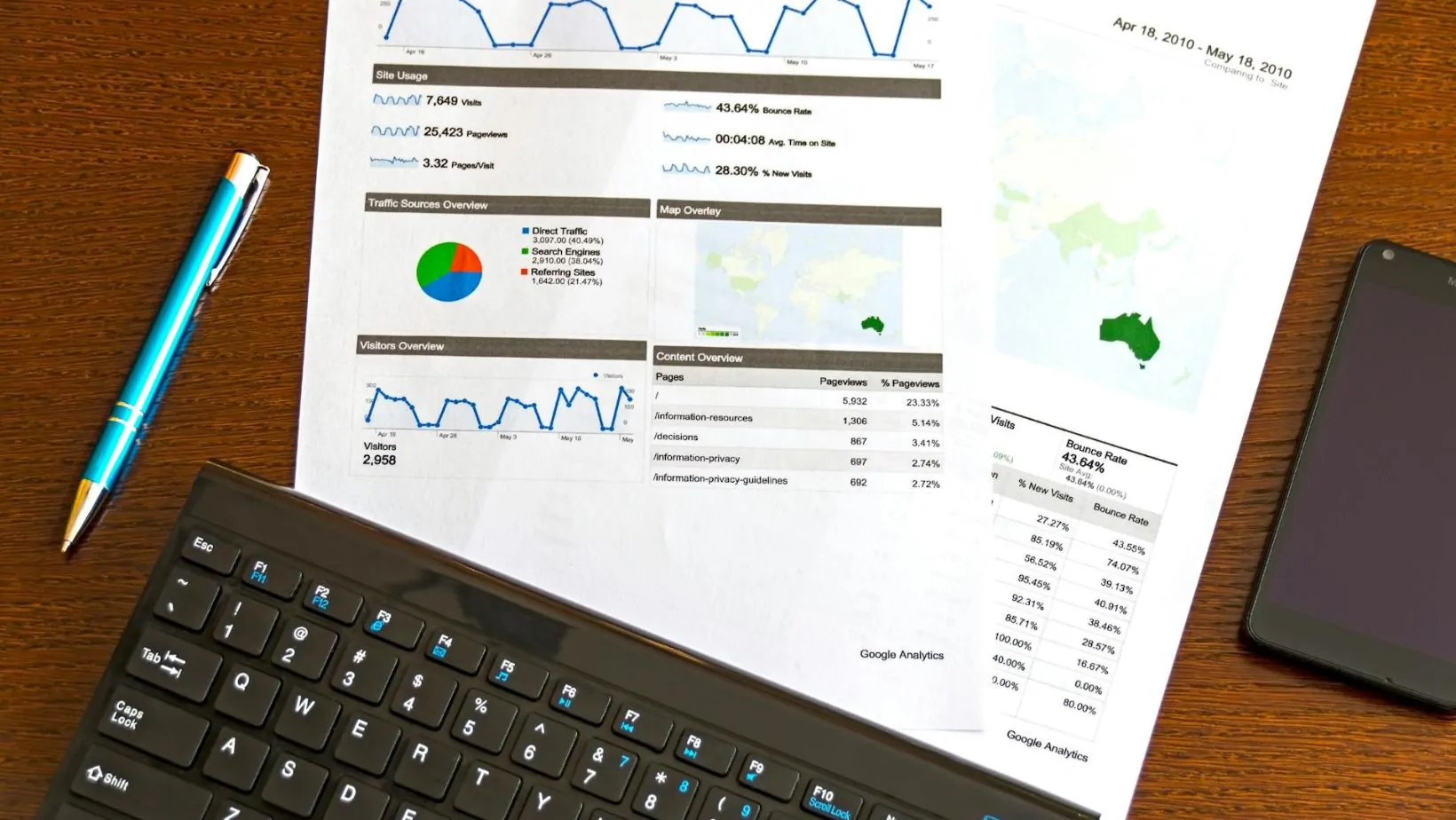Key Takeaways
- Soft pulls offer a faster and more secure alternative to traditional hard pulls, streamlining verification processes without harming customer credit scores.
- Soft pulls go beyond fraud reduction. They can improve customer experience with faster approvals and enable data-driven decisions for businesses.
- Implementing soft pulls strategically unlocks a wealth of insights for businesses, optimizing operations, strengthening risk management, and fostering trust with customers.
In an era where digital transactions are ubiquitous, the risk of credit fraud looms large across all sectors. Effective credit management is crucial, not just for financial stability but also for maintaining consumer trust. This is where soft pulls come in handy. They are a gentler way of checking credit that boosts security without invading user privacy. Soft pulls provide a nuanced approach to fraud prevention, offering immediate access to credit data while preserving the consumer’s credit score. By leveraging soft pulls, businesses can fortify their defenses against fraud, ensuring a secure environment for their financial operations.
Understanding Soft Pulls
Soft pulls, often referred to as ‘soft inquiries,’ are a valuable tool for businesses seeking to verify identities and assess creditworthiness without leaving a negative mark on a consumer’s credit report. Unlike traditional hard pulls, which can trigger a slight decrease in credit score, soft pulls offer a glimpse into a consumer’s credit history without impacting their score.
- Function: Soft pulls access a limited set of credit data, typically including basic identification information, recent credit inquiries, and public records. This provides a preliminary assessment of creditworthiness without requiring in-depth analysis. Hard pulls, on the other hand, delve deeper into a consumer’s credit history, including credit utilization, payment history, and outstanding debts.
- Consumer Impact: Soft pulls have no impact on a consumer’s credit score. They are invisible to lenders and don’t affect a person’s ability to secure future loans or credit products. Conversely, hard pulls leave a footprint on a credit report for a specific period (typically one to two years), and multiple hard inquiries within a short timeframe can negatively impact a credit score.
- Regulations and Compliance: Soft pulls are regulated by the Fair Credit Reporting Act (FCRA). The FCRA mandates that consumers be notified and provide written consent before a business can conduct a hard pull on their credit report. Soft pulls, however, do not necessitate such consent.
However, it’s crucial to adhere to general data privacy regulations when using soft pulls. Understanding and complying with these regulations is essential to ensure responsible data collection and usage.
Integrating Soft Pulls into Business Processes
Soft pulls aren’t a universal solution, but they can be strategically integrated into various business processes to enhance security and streamline verification.
Financial Institutions
For banks and credit unions, soft pulls can transform the loan pre-approval process. By using a soft pull during initial inquiries, these institutions can get a clear picture of a borrower’s basic creditworthiness without affecting their credit score. This allows for faster pre-approvals, improved customer experience, and better risk assessment at an earlier stage.
Here’s a practical example: A customer approaches a bank for a car loan. Instead of starting with a hard pull, the bank can use a soft pull to check their recent credit inquiries and public records. This provides a preliminary picture of their credit health and supports responsible borrowing by helping the bank determine if they’re likely to qualify for a loan. If the soft pull indicates a strong chance of approval, the bank can then move forward with a hard pull, with the customer’s consent, to finalize the pre-approval process.
Retail and E-commerce
In the rental and leasing industry, soft pulls can be really useful for background checks. By incorporating a soft pull alongside traditional checks, agencies can gain insights into a potential tenant or lessee’s recent credit inquiries and public records. This provides a more comprehensive picture of their financial responsibility without negatively impacting their credit score.
For instance, an online furniture store can use a soft pull at checkout for customers opting for installment plans. The soft pull can provide a quick glimpse into the customer’s recent credit inquiries and identify potential red flags. This enables the store to make a swift credit decision, approve legitimate purchases, and deter fraudulent transactions.
Rental and Leasing Agencies
In the rental and leasing industry, soft pulls can be a valuable tool for conducting background checks. By incorporating a soft pull alongside traditional checks, agencies can gain insights into a potential tenant or lessee’s recent credit inquiries and public records. This provides a more comprehensive picture of their financial responsibility without negatively impacting their credit score.
Imagine a property management company reviewing applications for a new apartment. A soft pull can reveal recent credit inquiries for other rental applications, indicating a potential move-in date overlap. Additionally, it can highlight any public records related to evictions or defaults, offering valuable insights for responsible tenant selection.
Healthcare Providers
For healthcare providers, soft pulls can play a crucial role in assessing patient eligibility for financing plans. Providers like dentists and elective surgery specialists can utilize services from companies such as Soft Pull Solutions to assess patient eligibility for financing plans without affecting their credit scores. This allows for a more transparent discussion about payment options and empowers patients to make informed decisions about their healthcare journey.
While soft pulls don’t provide a complete credit history, they can still offer useful insights into a patient’s ability to handle an expensive procedure. For example, a soft pull might show frequent credit inquiries for medical services, indicating that the patient is used to managing medical bills.
It’s important to remember that soft pulls are not a substitute for a complete financial picture. However, they can be a powerful tool for healthcare providers to initiate conversations about payment plans and explore financing solutions that best suit a patient’s needs, ultimately leading to improved patient care and financial outcomes.
By strategically integrating soft pulls into their processes, businesses across various industries can achieve a balance between streamlined verification and robust security. This results in faster approvals, better customer experiences, and reduced fraud.
Technological Infrastructure for Soft Pulls
Integrating soft pulls into your business processes requires a robust technological foundation.
Software Solutions
Leveraging specialized software streamlines the soft pull process and unlocks its full potential.
- Credit Data Providers: These companies provide access to consumer credit information through secure APIs. They allow businesses to conduct soft pulls and retrieve relevant data points like recent inquiries and public records. Choosing a reputable credit data provider ensures access to accurate and up-to-date information.
- Customer Relationship Management (CRM) Systems: Integrating soft pull functionality with your existing CRM system allows for a seamless workflow. This enables you to conduct soft pulls directly within your CRM platform, streamlining verification processes for new customers or loan applicants.
- Dedicated Soft Pull Platforms: Several companies offer dedicated soft pull platforms that provide a comprehensive suite of features. These platforms often include functionalities like real-time soft pull inquiries, fraud detection tools, and customizable reporting dashboards.
Security Protocols
Security is paramount when handling consumer data, even during soft pulls. Implementing robust security protocols ensures responsible data collection and usage.
- Encryption: All data transmissions, including soft pull inquiries and retrieved information, must be encrypted using industry-standard protocols. This protects sensitive information from unauthorized access during transmission.
- Data Access Controls: Limit access to soft pull data to authorized personnel within your organization. Implement a system of user roles and permissions to ensure only those who require the information have access.
- Data Retention Policies: Establish clear guidelines for how long you will retain soft pull data. Regularly delete outdated information to minimize the risk of data breaches.
Choosing the Right Technology
The ideal software solution will depend on your specific business needs and budget. Consider factors like the volume of soft pulls you anticipate, desired functionalities, and existing CRM integrations. When evaluating providers, prioritize companies with a strong track record of data security and compliance.
Advantages of Soft Pulls Beyond Fraud Reduction
While combating fraud is a significant advantage, soft pulls offer a broader range of benefits that enhance your business operations and customer interactions. Here, we explore two key ways soft pulls go beyond simply reducing fraudulent activities.
Faster Approvals and Informed Decisions
Soft pulls streamline verification processes by providing a preliminary assessment of creditworthiness without the delays and drawbacks of hard pulls. Consider a retail scenario where a customer wants to finance a high-value purchase. A traditional hard pull could delay approval and discourage the customer from completing the transaction.
By incorporating a soft pull during checkout, the retailer can gain insights into the customer’s recent credit inquiries and public records. This allows for a quicker assessment of their ability to manage the financing plan without impacting their overall credit score. This facilitates faster approvals, improves conversion rates, and creates a more positive customer experience.
Tailoring Customer Interactions
The information gleaned from a soft pull can be used to personalize customer interactions. For instance, an insurance company might utilize a soft pull during the initial quote process. This can reveal a customer’s recent credit inquiries for other insurance products, indicating they’re likely shopping for coverage. Armed with this knowledge, the insurance company can tailor their quote and presentation to be more competitive and relevant to the customer’s needs. This personalized approach can lead to higher customer satisfaction and conversion rates.
By facilitating faster approvals, informing better decisions, and enabling personalized interactions, soft pulls empower businesses to enhance customer experience, improve conversion rates, and build stronger relationships with their clientele.
Effective Practices for Implementing Soft Pulls
Integrating soft pulls effectively requires a strategic approach that emphasizes responsible data use and informed staff.
Developing a Clear and Ethical Policy
The cornerstone of responsible soft pull usage is a well-defined policy. This policy should outline the following:
- Permissible Use Cases: Clearly define the specific scenarios where soft pulls will be used in your business. This ensures transparency and avoids unnecessary inquiries.
- Consumer Consent: Determine if and how you will obtain consumer consent for soft pulls. While not mandatory for soft pulls, obtaining consent fosters trust and demonstrates a commitment to data privacy.
- Data Retention and Security: Establish clear guidelines for how long you will retain soft pull data and the security measures in place to protect it. Regular data deletion and adhering to industry security standards are crucial.
Investing in Staff Training and Awareness
Your staff plays a vital role in the successful implementation of soft pulls. Investing in training programs equips them with the knowledge and skills to leverage soft pulls effectively.
- Understanding Soft Pulls: Training should explain the difference between soft and hard pulls, their functionalities, and the benefits they offer.
- Responsible Data Practices: Train staff on adhering to your established soft pull policy, including obtaining consent (when applicable) and handling data securely.
- Customer Communication: Equip staff with the communication skills to explain soft pulls to customers clearly and address any potential concerns.
Beyond the Basics: Strategic Integration of Soft Pulls
Soft pulls can significantly streamline verification processes, leading to improved efficiency and reduced overhead costs. Here’s how:
- Reduced Manual Work: Soft pulls automate data retrieval, eliminating the need for manual data entry and verification. This saves time and minimizes errors associated with manual processes.
- Lower Administrative Costs: Faster approvals, streamlined processes, and fewer errors translate to lower administrative costs, allowing businesses to reallocate resources toward other areas.
- Identify Trends: Analyze patterns in soft pull data to identify potential risk factors or areas for improved customer service.
- Improved Decision-Making: Leverage soft pull data to inform strategic decisions, such as optimizing credit card limits, developing new loan products, or refining fraud detection algorithms.
- Monitor Credit Activity: Identify sudden spikes in credit inquiries or potential red flags in public records, allowing for early intervention and potential fraud prevention.
- Assess Creditworthiness Changes: Track changes in a customer’s credit profile over time to identify potential risks associated with outstanding debts or defaults.
By strategically integrating soft pulls, businesses can move beyond basic verification to unlock a wealth of data-driven insights for enhanced efficiency, informed decision-making, and a robust risk management framework.
In Conclusion
Soft pulls offer a valuable solution in the ever-evolving landscape of verification. They provide a powerful tool for streamlining processes, enhancing security, and building trust with customers. However, technology is constantly advancing, and the future of verification might hold even more innovative solutions.
While soft pulls will likely remain a valuable tool for the foreseeable future, staying informed about these evolving trends is crucial. As technology continues to evolve, the future of verification promises exciting possibilities for businesses and consumers alike.

















